| Facilitating Halal products from Vietnam to access the Indonesian market. Indonesian Halal product market: What challenges await Vietnamese businesses? |
The Ministry of Science and Technology is proposing to develop a Draft Decree regulating the management of Halal products and services to ensure compliance with the state management functions of the ministries managing the sectors and fields. Strictly managing the export, import, trading and certification of Halal products and services helps consumers feel secure when using them, ensuring that the products are safe, of high quality, certified and traceable in origin. Encouraging businesses to invest in the production and trading of Halal products and services. Building brands, developing markets and promoting Vietnamese Halal products and services.
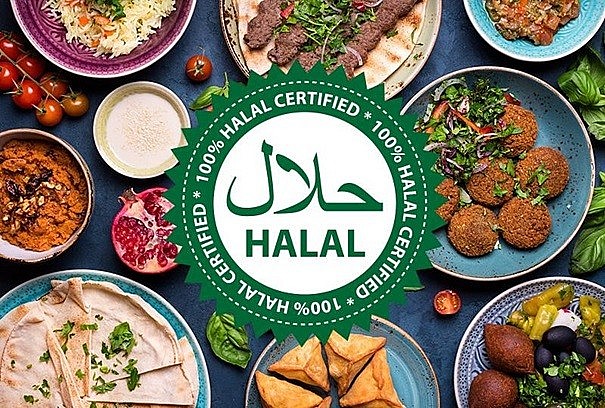 |
Accordingly, the Ministry of Science and Technology proposed 5 policies to manage and develop Halal products and services, specifically:
Policy 1 : Regulations on standards applied to Halal products and services to study and research Halal standards of leading international organizations and key export markets of Vietnam. Develop management regulations for standards applied to Halal products and services. Harmonize with international/regional/national standards of key markets to facilitate the export of Vietnamese enterprises.
Policy implementation solution: Research and develop a set of national standards (TCVN) on Halal based on reference to Halal standards of leading international organizations and key export markets of Vietnam such as Codex standards, Saudi Arabia, Malaysia, Indonesia, Philippines, Gulf countries...; accept national, international, regional standards of Muslim countries.
Policy 2 : Regulations on requirements for Halal products and services. Accordingly, the policy aims to develop regulations on quality management of Halal products and services that meet domestic and foreign standards; ensure that businesses are tested and certified by domestic conformity assessment organizations... for Halal products and services that comply with the standards of Vietnam and importing countries according to import standards.
Policy implementation solutions: Regulations on general requirements for Halal products; regulations on publication of applicable standards and labeling of Halal products; regulations on Vietnam Halal certification mark on products.
Policy 3 : Regulations on conformity assessment activities for Halal products and services and acceptance/recognition of certification results of foreign certification organizations. The goal is to create a legal corridor to manage conformity assessment activities for Halal products and services in Vietnam. Testing and certification organizations must have sufficient capacity.
Policy implementation solutions: Regulations on conditions for organizations testing and certifying Halal products; regulations on procedures for granting and revoking Certificates of registration for testing and certifying Halal products; regulations on recognizing conformity assessment results of foreign conformity assessment organizations.
Policy 4 : Regulations on inspection and examination of compliance with requirements of Halal products and services. The objective of the policy is to create a mechanism and regular state management pressure on producers, traders, and conformity assessment organizations; improve the effectiveness of Halal product quality inspection on the market, in production, import and export; distinguish between quality inspection and inspection of compliance with legal regulations; clearly stipulate testing methods and use of Halal product sample testing results.
Policy implementation solution: Clearly stipulate the quality inspection of Halal products and services, prioritize quality inspection in the market and export (without prior notice), only inspect production or import facilities when there is a violation.
Policy 5 : Regulations on supporting and promoting the export of Halal products
The policy aims to help businesses, especially farmers, cooperatives, and individual households, confidently invest in the production of Halal products and services in a sustainable manner, and comprehensively develop Vietnam's Halal economy. Policy implementation solutions: The Government assigns the Ministry of Science and Technology, the Ministry of Finance, and relevant ministries and branches to provide specific guidance and implementation.
According to the Ministry of Science and Technology, in Arabic, “Halal” means “permitted” and “Haram” means forbidden. Halal products include almost all essential products of life such as food, beverages, organic foods, functional foods, pharmaceuticals, cosmetics, textiles, handicrafts to service sectors such as banking, tourism, security, education and training, food services, hotels, logistics.
Currently, the market for Halal products is distributed throughout the world, from Muslim to non-Muslim countries, from developed to developing economies, because Halal products meet many criteria on food hygiene and safety, ensuring health, quality, green, clean, ethical in processing and contributing to environmental protection...
The size of the global Halal economy reached 7,000 billion USD in 2022 and is expected to increase to about 10,000 billion USD in 2028 thanks to the growth of the Muslim population, spending level, sector diversity and future growth prospects at a rate of about 6-8%/year.
In Vietnam, as of June 2023, there are about 90,000 Muslims nationwide, of which Islam has over 36,000 followers, living in 14 provinces and cities, the most populous of which are in An Giang province, Ho Chi Minh City, Tay Ninh province, Ninh Thuan. There are 04 Islamic organizations (Islam) recognized by the State. However, currently Vietnam only has about 20 export items in the Halal market.


![[Photo] President Luong Cuong presents the decision to appoint Deputy Head of the Office of the President](https://vphoto.vietnam.vn/thumb/1200x675/vietnam/resource/IMAGE/2025/5/8/501f8ee192f3476ab9f7579c57b423ad)
![[Photo] General Secretary concludes visit to Azerbaijan, departs for visit to Russian Federation](https://vphoto.vietnam.vn/thumb/1200x675/vietnam/resource/IMAGE/2025/5/8/7a135ad280314b66917ad278ce0e26fa)
![[Photo] National Assembly Chairman Tran Thanh Man chairs the meeting of the Subcommittee on Documents of the First National Assembly Party Congress](https://vphoto.vietnam.vn/thumb/1200x675/vietnam/resource/IMAGE/2025/5/8/72b19a73d94a4affab411fd8c87f4f8d)
![[Photo] Prime Minister Pham Minh Chinh meets with the Policy Advisory Council on Private Economic Development](https://vphoto.vietnam.vn/thumb/1200x675/vietnam/resource/IMAGE/2025/5/8/387da60b85cc489ab2aed8442fc3b14a)

![[Photo] General Secretary To Lam begins official visit to Russia and attends the 80th Anniversary of Victory over Fascism](https://vphoto.vietnam.vn/thumb/1200x675/vietnam/resource/IMAGE/2025/5/8/5d2566d7f67d4a1e9b88bc677831ec9d)




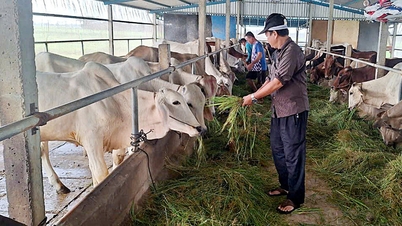


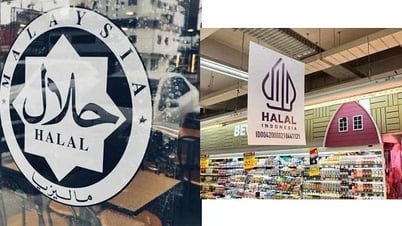

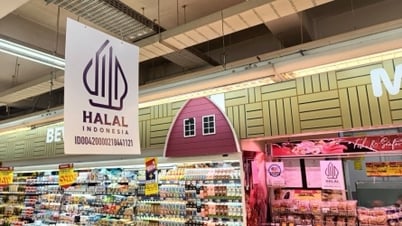

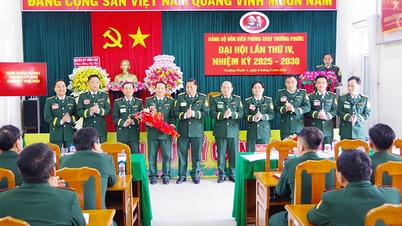
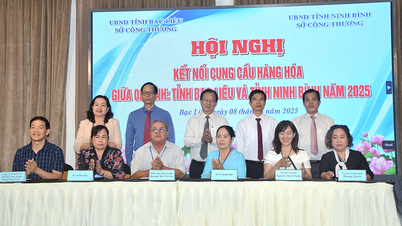
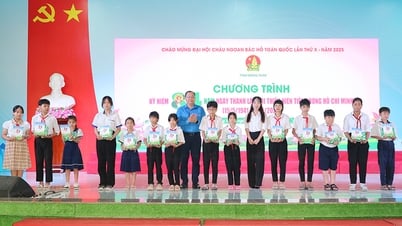
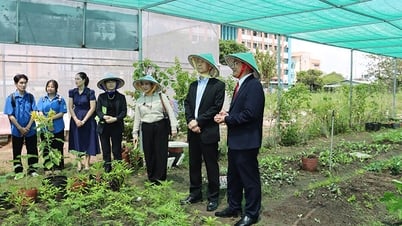
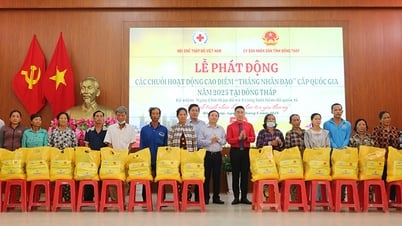
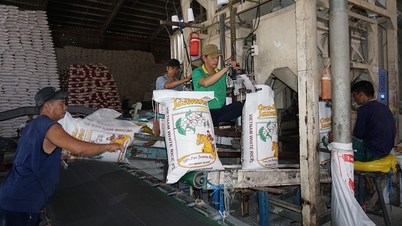




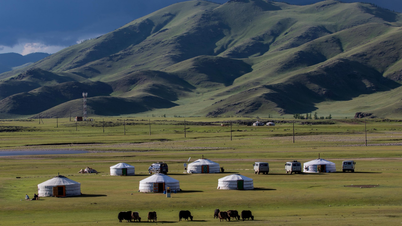

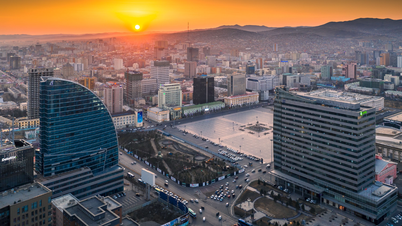


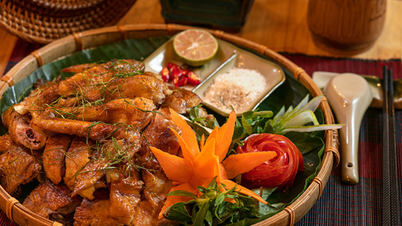































![[Photo] Prime Minister Pham Minh Chinh talks on the phone with Singaporean Prime Minister Lawrence Wong](https://vphoto.vietnam.vn/thumb/402x226/vietnam/resource/IMAGE/2025/5/8/e2eab082d9bc4fc4a360b28fa0ab94de)











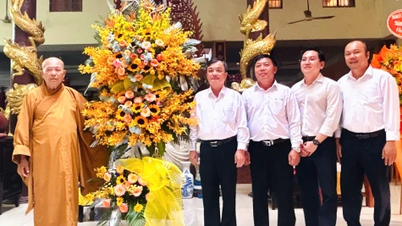





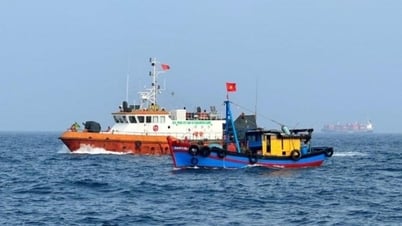













Comment (0)